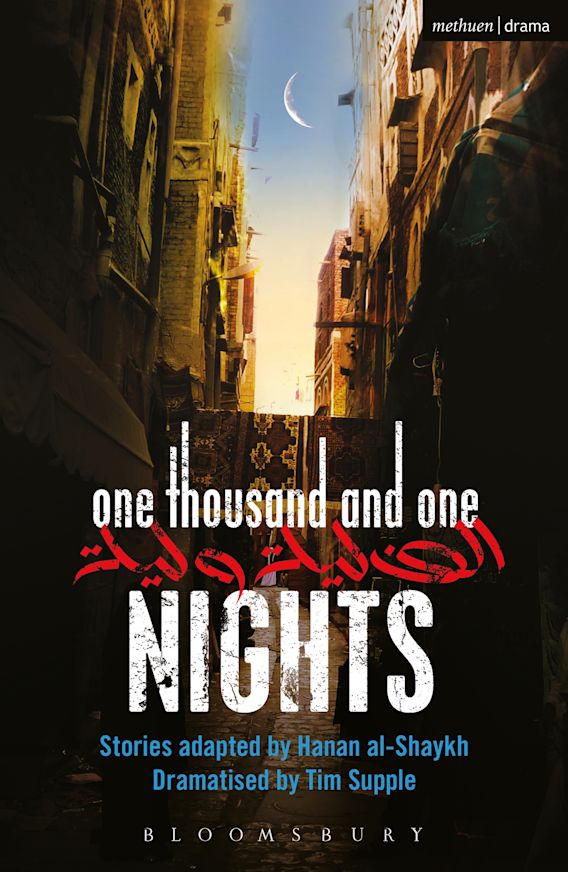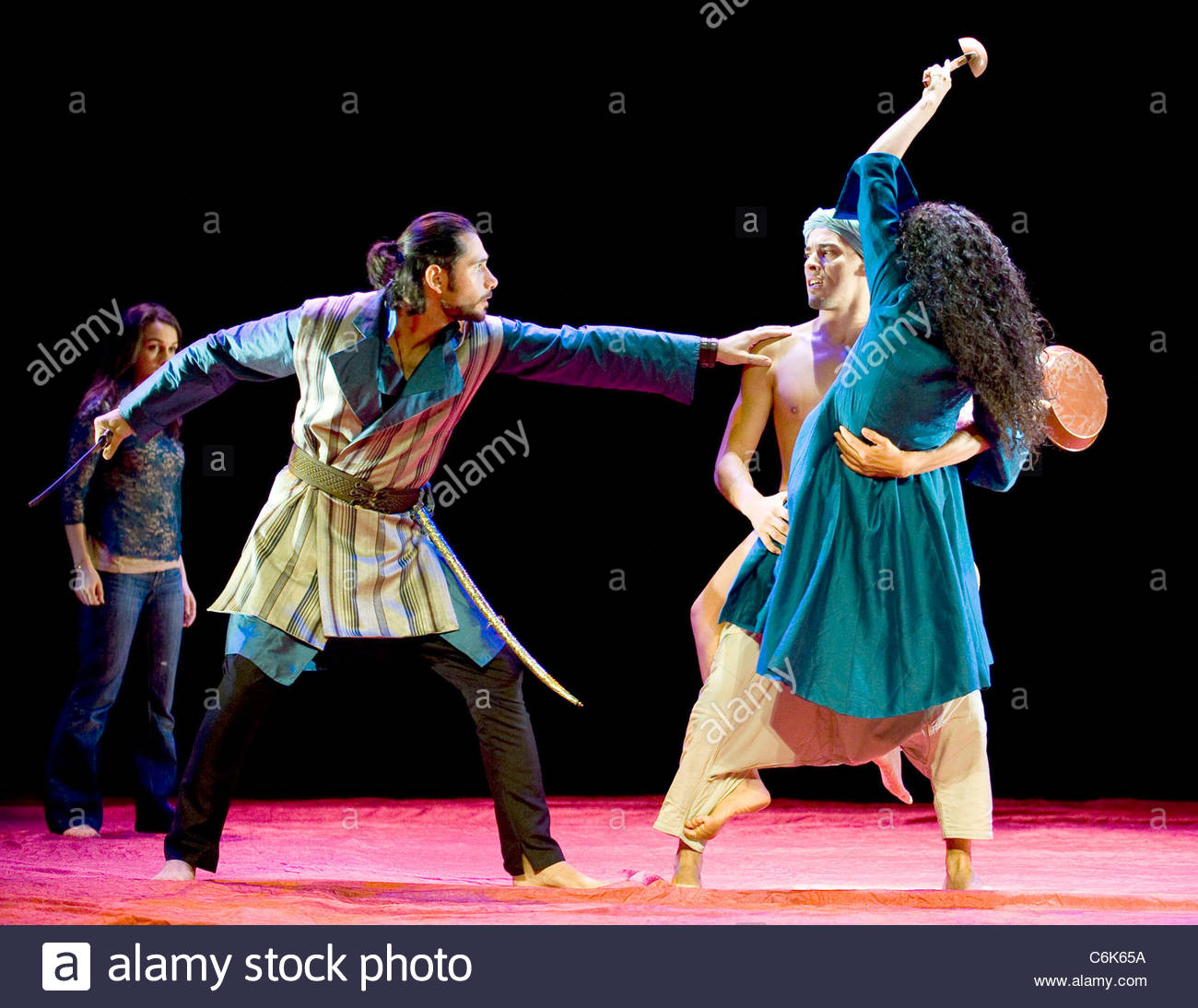


It took me a while to realize that the stories hadn't really been modernized, or sanitized, just translated, and joyously celebrated as the source of so many stories, so much tradition. At first, there was a lot about this text that I found jarring, largely in the framing story, with its murderous cuckolded kings, whose wives had dallied with strangely racially caricatured slaves. Not even The Wrath and The Dawn had really given me much idea of what to expect. When I saw this translation at the library, I had to check it out immediately. I was of course excited, but I pretty much detest reading plays, so I hadn't gone looking for it. I'd never read any version of One Thousand and One Nights, and given my recent reading interests, it seemed inevitable that I do so, but what translation? Then I heard somewhere that Al-Shaykh, one of my favorite authors, had done a recent interpretation (along with another woman, I believe) for the stage. I'd been circling closer and closer to this book for a while. A particular brilliance of this arrangement of the Tales is the way Al-Shaykh ends it: not with a decisive resolution, but with the start of what could be an infinite regress into indeterminacy, with the threat of arbitrary violence never banished, but perpetually held at bay by the power of redemptive storytelling, leaving room for love, lust, and friendship in the meantime. The debate over who is less faithful becomes a vehicle by which Shaherazade, and other tale-tellers within her tale, can explore the nature of violence and forgiveness, and teach empathy to their audiences (in Sheherazade's case, to her murderous husband and king, Shahryar). By cutting away many of the stories that don't address these themes, and rearranging the remaining stories, Al-Shaykh nests the themes. One repeating theme in the original stories is the question of whether men or women are more treacherous another is the tension between passionate violence and reconciliation. What she does with the misogyny is an active success.

Al-Shaykh handles that by editing out much of the racism, though traces remain - particularly in the way the stories implicitly view black male sexuality as a threat to social order. Yet, most versions struggle with (or worse, are simply marred by) the gross misogyny and racism of the original stories.

The Tales are full of wonder: genies, wizards, long voyages, riddles, romantic and erotic love. This is the most satisfying retelling or translation of the Tales of the Arabian Nights that I've read.


 0 kommentar(er)
0 kommentar(er)
